As an important precursor to PM Fico's recent visit to Budapest, Hungarian Foreign Minister Peter Szijjarto had met Slovakia's newly appointed Foreign Minister Juraj Blanar in Bratislava last November, as well as PM Fico. Besides assurances from Slovakia's new leaders to Hungary's foreign minister that good neighborly relations would be maintained and strengthened, the sides also discussed a potential meeting in Budapest.
In recent years, the prime ministers of Slovakia and Hungary have mainly had the opportunity to meet at V4 prime ministerial summits, making this bilateral meeting of great significance,
− the researcher emphasized.
Ms Vass highlighted that this was the fourth government of Robert Fico, who has been at the helm of Slovakia since 2006, with some interruptions. She pointed out that Slovakia's domestic political environment and electoral laws are entirely different from Hungary's, where most Slovak parties can only govern in coalition.
From a tense relationship to a key partner
"Without going into details, between 2006 and 2010 the Fico government took a number of anti-Hungarian measures that were detrimental not only to Hungarians in Slovakia, but also to inter-state relations," she explained.
However, after 2012, the situation has normalized, as the two sides have managed to build a good partnership and found issues where they could work together at regional and European level, such as the migration crisis in 2015,
− she added.
In recent years, the instability of Slovak domestic politics has seen several prime ministers lead the country, and bilateral relations have remained balanced. "The fact that the Slovak prime minister paid a visit to Budapest after his visit to Prague is a clear sign that relations are not only good but also important. In the past few years, several infrastructural developments have been implemented, crucial for not only both countries but also for the people living along the border," the researcher added. Ms Vass underscored that
the Košice-Miskolc motorway has been completed and the bridge connecting the two towns of Komarno has been built. This is key in terms of handling freight traffic, because this it is the only heavy-duty bridge on the Danube between Bratislava and Budapest. We must also mention that in 13 years 18 new border crossings have been opened between the two countries, and the completed bridges spanning across the Ipoly (Ipel') River should not be forgotten, either.
At Tuesday's s press conference, PM Orban also emphasized that "relations between Hungary and Slovakia have never been better, because the two countries are connected within the European Union in a way that they strengthen each other in terms of physical, economic and energy security". The Hungarian prime minister also stressed that the interests of Hungary and Slovakia are at least 99 per cent aligned and that sovereignty is important for both countries.
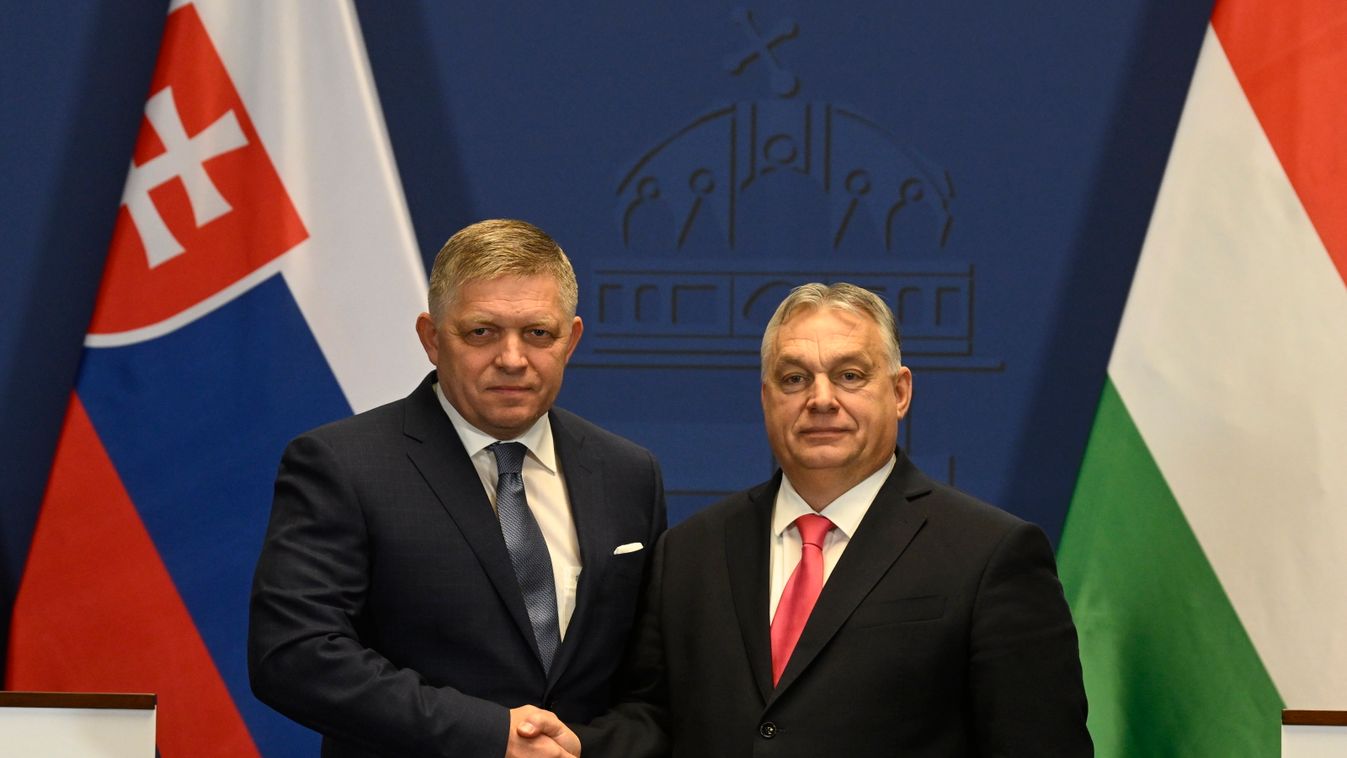



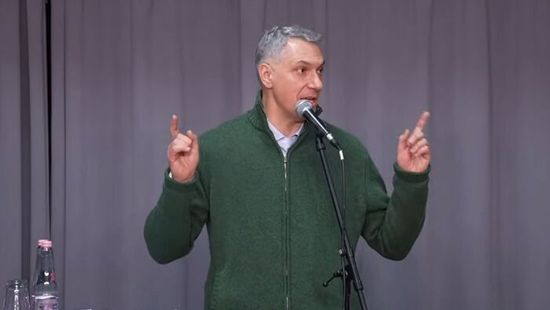

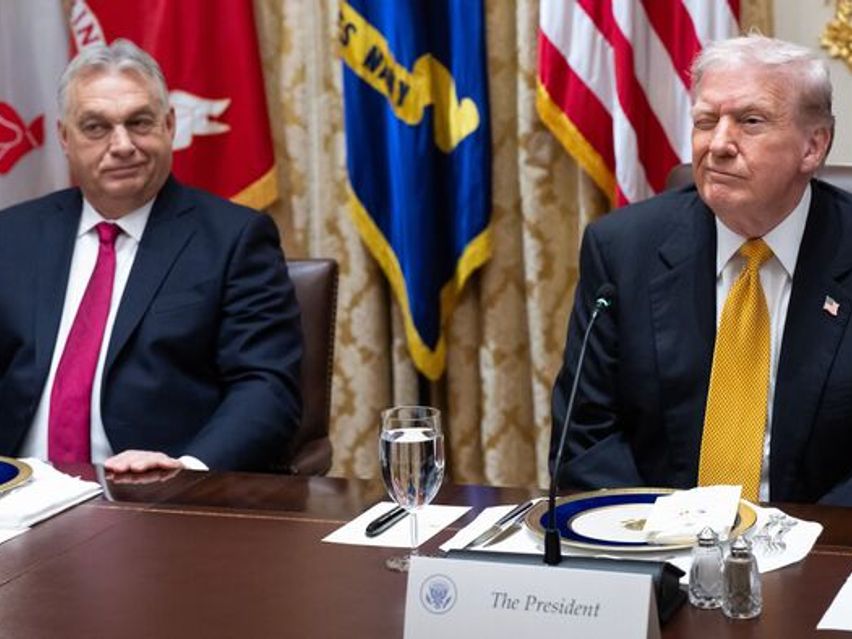
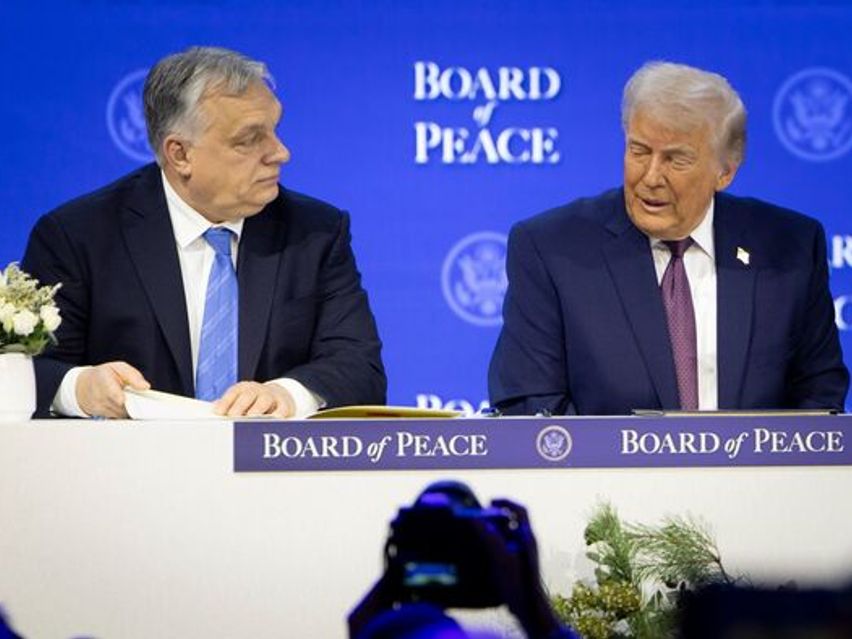



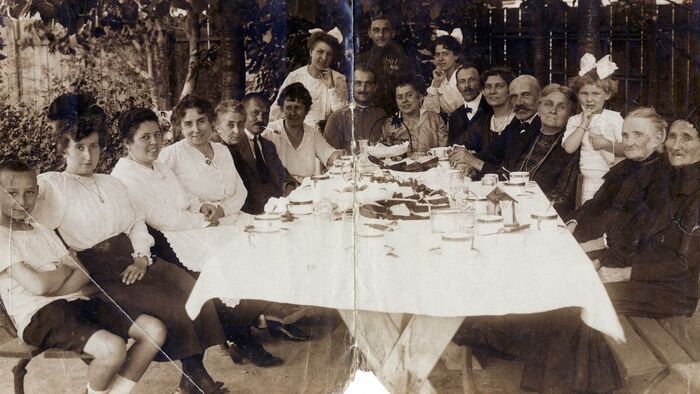




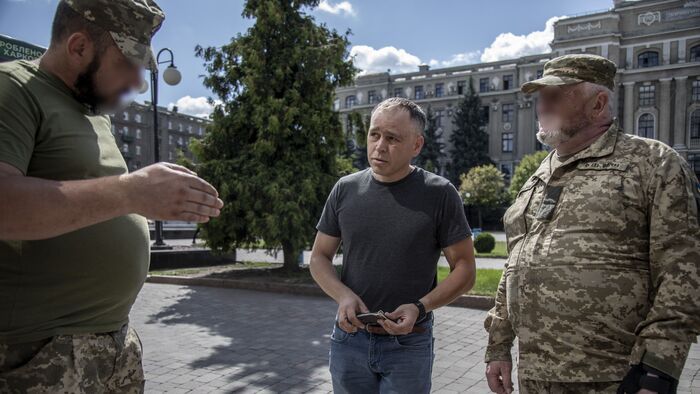

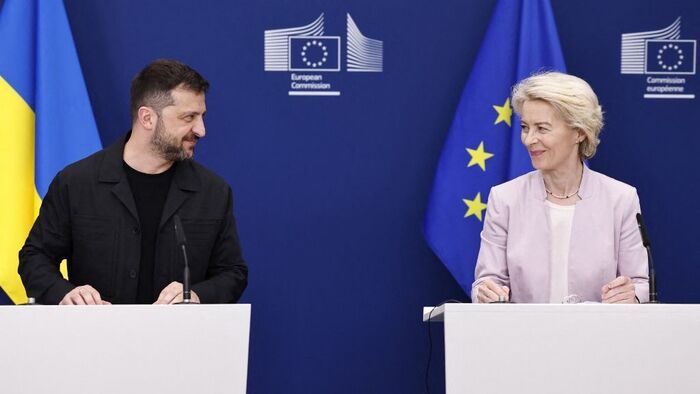

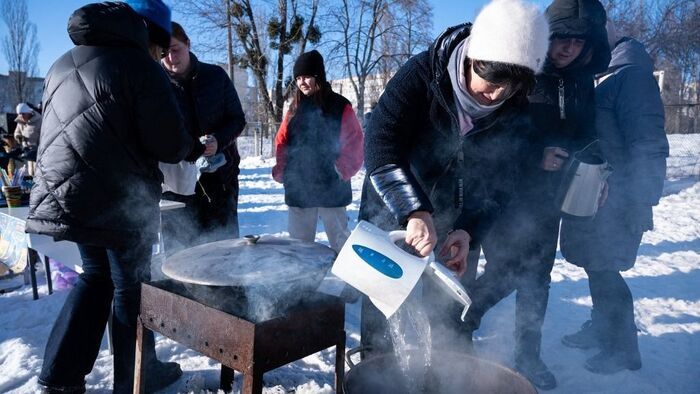

Szóljon hozzá!
Jelenleg csak a hozzászólások egy kis részét látja. Hozzászóláshoz és a további kommentek megtekintéséhez lépjen be, vagy regisztráljon!